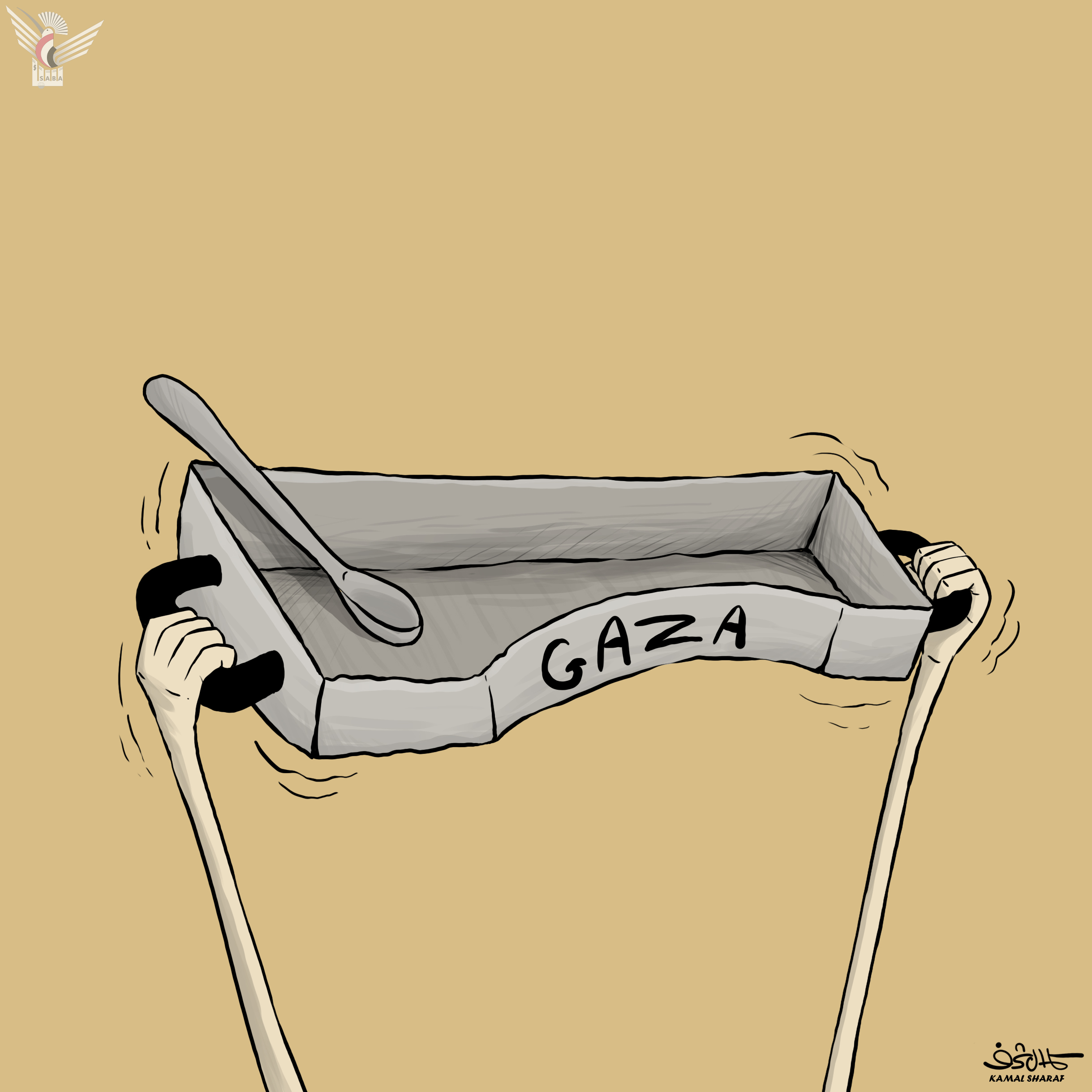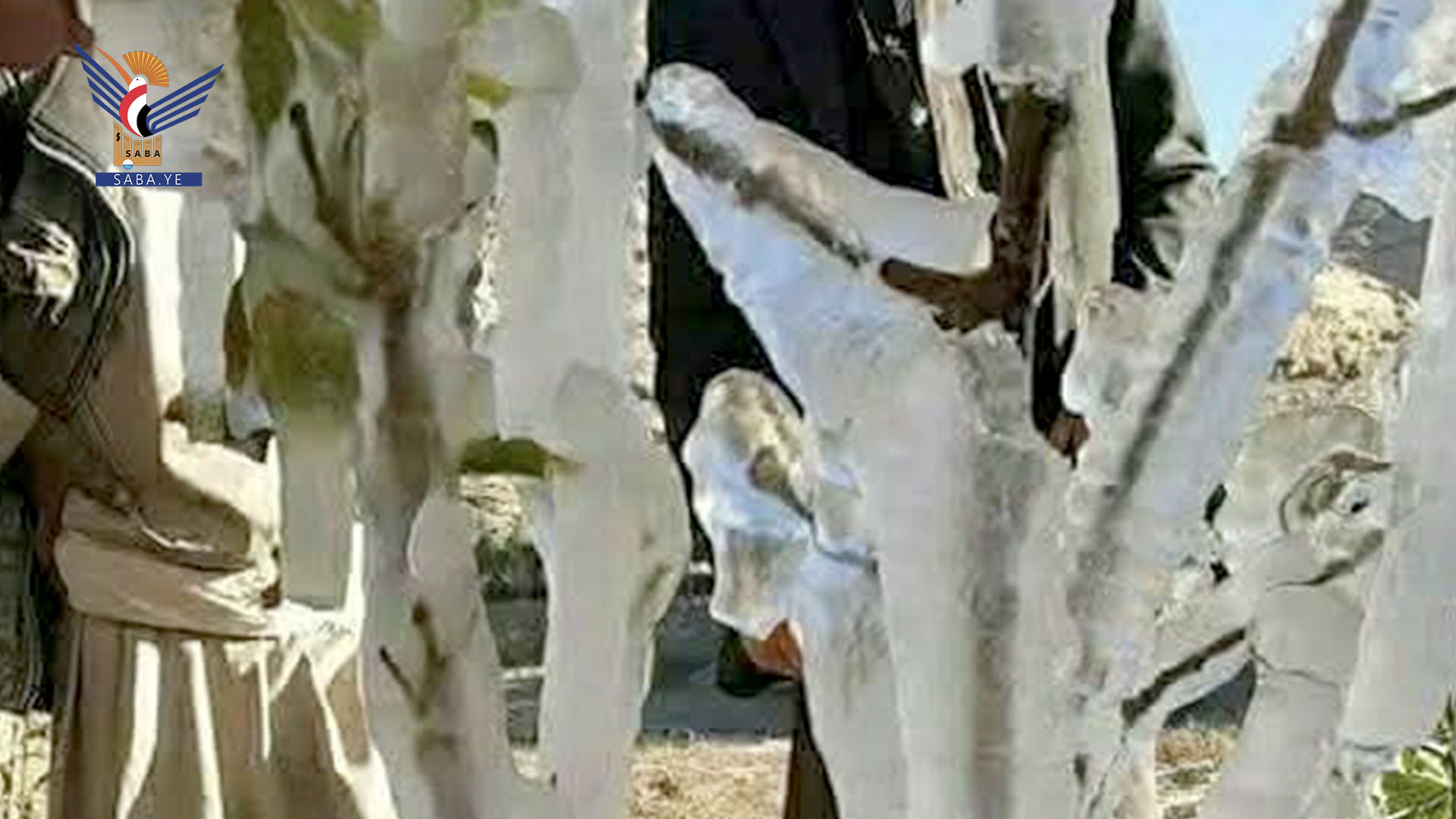Sana'a-Saba:
The Ministry of Agriculture, Fisheries, and Water Resources has urged farmers, beekeepers, and livestock owners to take necessary precautions to protect crops and livestock from the severe cold wave and frost due to low temperatures.
A statement issued by the Agricultural and Fisheries Media Center received by the Yemeni News Agency (Saba) confirmed that the severe cold wave "frost" affects agricultural production on an annual basis and to varying degrees, and may lead to damage and losses in agricultural crops.
Fruits, vegetables, and crops in mountainous areas are more affected by frost, which hinders the growth of plants and causes flowers and fruits to fall, leading to low yields and crop quality, he said.
The center called on farmers to exercise caution and caution to minimize the damage that may be caused by the frost wave, by following sound practices and benefiting from research and guidance recommendations on how to protect plants and reduce the risk of extreme cold.
He pointed to the importance of approaching crop irrigation operations on an ongoing basis to provide a moderate and balanced climate between cold soil and cold weather, in addition to covering plants with straw during the frost period.
He recommended planting good and frost-resistant crop varieties as they give high productivity compared to other varieties that have less production as a result of being affected by the wave. He pointed out that commitment to agricultural landmarks is one of the most important factors contributing to protecting crops from damage.
According to the Agricultural and Fisheries Information Center, greenhouse farming techniques are one of the ways to help protect plants, especially vegetables, from the cold wave.
The National Center for Meteorology and Early Warning warned of a severe cold wave in several governorates, especially mountainous heights and open areas.

| more of (Local) |




